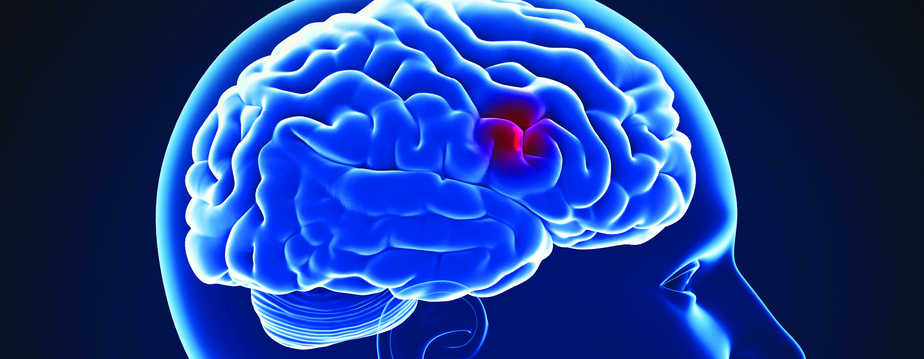They are as common as heart attacks for people over 55. The best way to avoid stroke is to be aware of the risk factors and modify your lifestyle accordingly
You know about heart attacks, but have you heard the term “brain attack”? This term is frequently used in the corridors of major hospitals. And it’s high time the general public understood it too, especially as this is a highly preventable lifestyle disease. Yes, we are talking about stroke.
Though stroke tends to strike patients above 55 years of age, the reason everybody needs to get clued in is because it’s the kind of good health you maintain in your early decades that will help you steer clear of this condition, which strikes unexpectedly and suddenly. Like in a cardiac crisis, you get very little warning that a blood clot is about to reach the brain, or blood flow to the brain is being blocked — in layman’s language, that’s the two types of stroke neurologists have to deal with.
Dr Varindera Paul Singh, Chairman, Neurosciences at Gurugram’s Medanta – The Medicity says, “Many people are not aware that permanent damage, like paralysis, can well be prevented if appropriate treatment is initiated early. So early recognition is important. This is best represented by the acronym FAST — facial asymmetry, weakness of an arm or leg, speech difficulty and not to waste time. Because the more treatment is delayed, the more brain tissue is damaged.”
About two-thirds of stroke patients he sees are older than 55 years. “However, over past few years, number of patients with stroke in young age, is increasing,” he says. “Women in the post-pregnancy period are more at risk of blockage of veins in the brain — especially those who have taken birth control pills.”
If this sounds alarming, do heed his advice — indeed, advice I repeatedly give in this column: Take good care of yourself. In Dr Singh’s words, “Lifestyle modifications are important, like reducing obesity, avoiding smoking, control of diabetes and hypertension, periodic checkup of blood cholesterol level, homocysteine level in blood and cardiac checkup.”
The good news is that most patients of stroke do not end up with paralysis if timely treatment is given. Paralysis is preventable if treatment is initiated at the earliest possible time, preferably within 3-4 hours of the attack. If patient reaches hospital early, certain clot busters can be used to dissolve the clot. If the clot still persists, a mechanical clearance of the blood vessel can be done to re-establish circulation.
So if somebody near you is having a stroke, what can you do? Don’t try any first aid, just rush to hospital. “If the patient is unconscious, it is advisable to turn the patient to one side in lying down position while being taken to the hospital. This will help to prevent any obstruction to his/her breathing,” advises Dr Singh.
Some more reassuring words come from Dr Vikas Gupta, head of neurosurgery at Manipal Hospital, Dwarka, who points out that brain attacks are painless. Also, if a patient reaches a specialist like him in the first 4.5 hours, a drug can be administered to prevent further damage. If a large artery is blocked, then it can be opened in a neurovascular cath lab in the first eight hours. This therapy has been approved and is being adopted very fast across the globe. Remote arteries in the brain can now be reached.
Sadly, “Majority of patients who do not receive care in time become paralysed, hence a burden on the family and society,” says Dr Gupta. In a survey conducted in Ludhiana, a shocking revelation was that more 90% of the general population did not recognise even one symptom of stroke.
He does not agree with the perception that vigorous workouts or walking on the treadmill can lead to stroke. “On the contrary”, he says, “exercise is preventive. However, in case the neck is exposed to unaccustomed movement, like in horse riding, it may lead to carotid artery dissection, leading to stroke.”
So if you don’t want a heart or brain attack, you know what to do!
Dr Reshma is an advocate of wellness, prevention and holistic health. Instagram handle: dr.reshmakhattarbhagat





